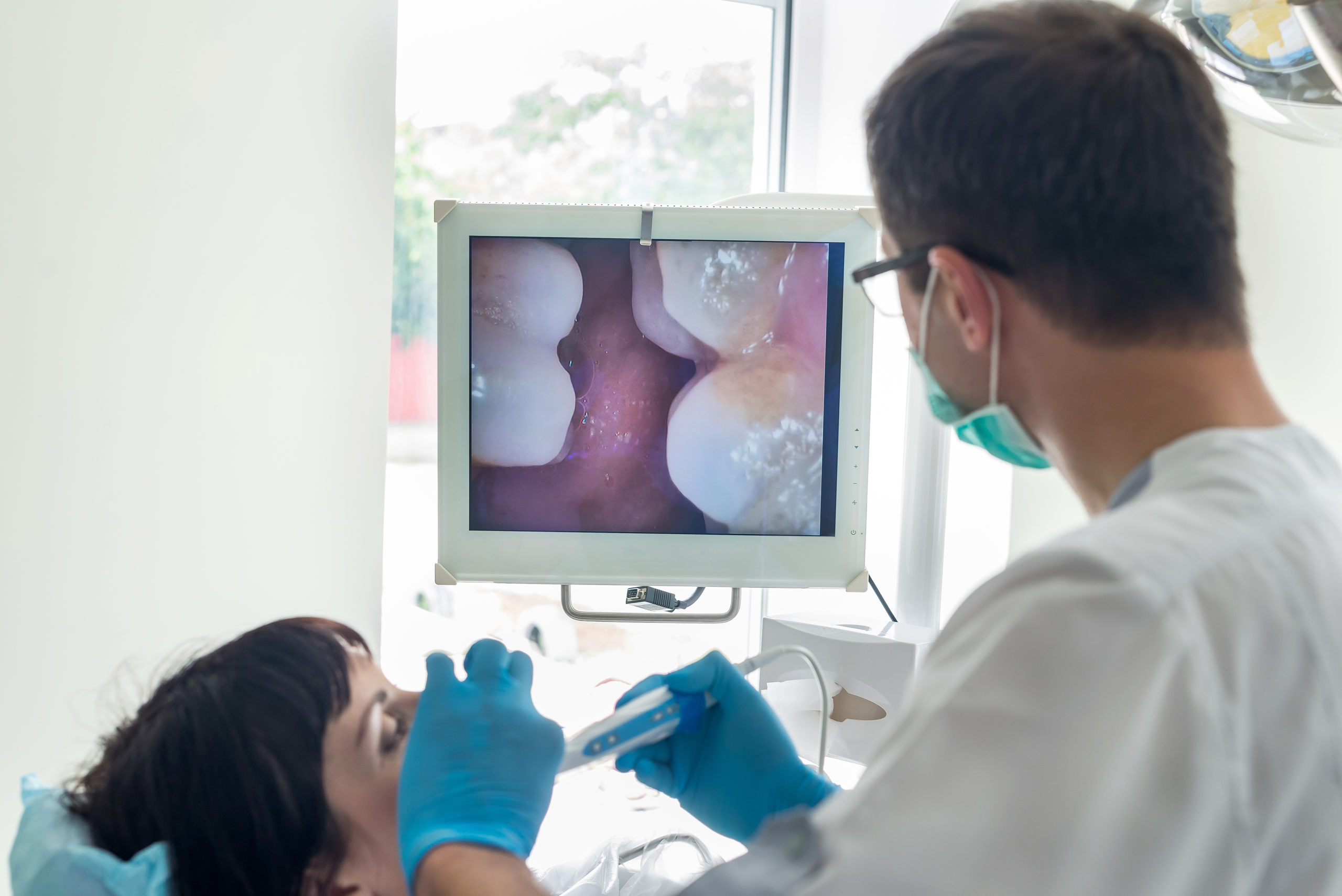We’ve all experienced the anxiety that accompanies a trip to the dentist’s office, often caused by one word: cavities. So what exactly are they?
As defined by the Mayo Clinic, cavities are permanently damaged areas on the hard surfaces of teeth that appear as tiny holes. Also referred to as tooth decay, cavities are among the world’s most common health issues caused by poor oral hygiene and excessive sugar in the diet, which causes plaque and bacteria. While you may think tooth decay is more prevalent in children, all age groups can get them- 80% of Americans develop a cavity by their 30s.
You may already know that teeth are exposed bones covered in enamel, the hard coating that protects the tooth mentioned above. Unfortunately, tooth enamel cannot be replaced: once it has been eroded, only dental work can help repair it. So when cavities form, breaking down enamel, minor procedures called fillings must be done to prevent further damage. If not attended to, these holes can develop infections and abscesses. Be sure to learn more about fillings from a recent blog!
There are three types of cavities: smooth surface, pit and fissure, and root decay.
Smooth Surface: These are slow forming only within the enamel and are very treatable with fluoride solutions and very attentive dental cleaning.
Pit and Fissure: Occurring in the molars, pit and fissure cavities usually develop from plaque and food buildup due to infrequent toothbrushing. These can be treated with sealants.
Root Decay: As the name suggests, these only occur at the root of teeth, near the gum. This type is common in patients with receding gums, aging, and/or poor oral health and is treated with root canals and fillings.
Cavities of all kinds are preventable by consistent and thorough oral hygiene such as toothbrushing, flossing, mouth washing, and biannual checkups for monitoring. Reducing excess sugar from your diet will also help prevent cavities from forming.
If you are experiencing symptoms such as toothaches, bad breath, bleeding gums, and sensitivity to cold or hot foods, you should schedule an appointment with Cakmes Dental Studio for a proper exam and treatment plan.

